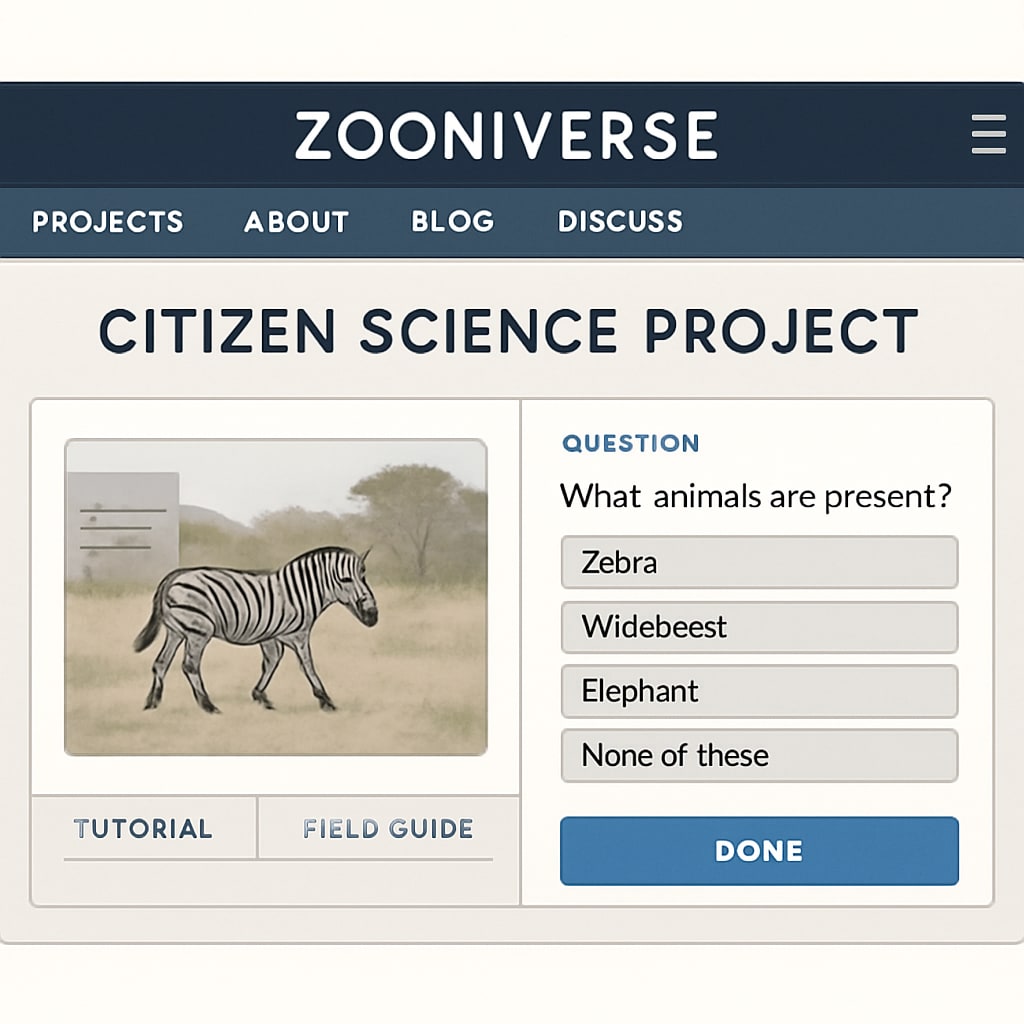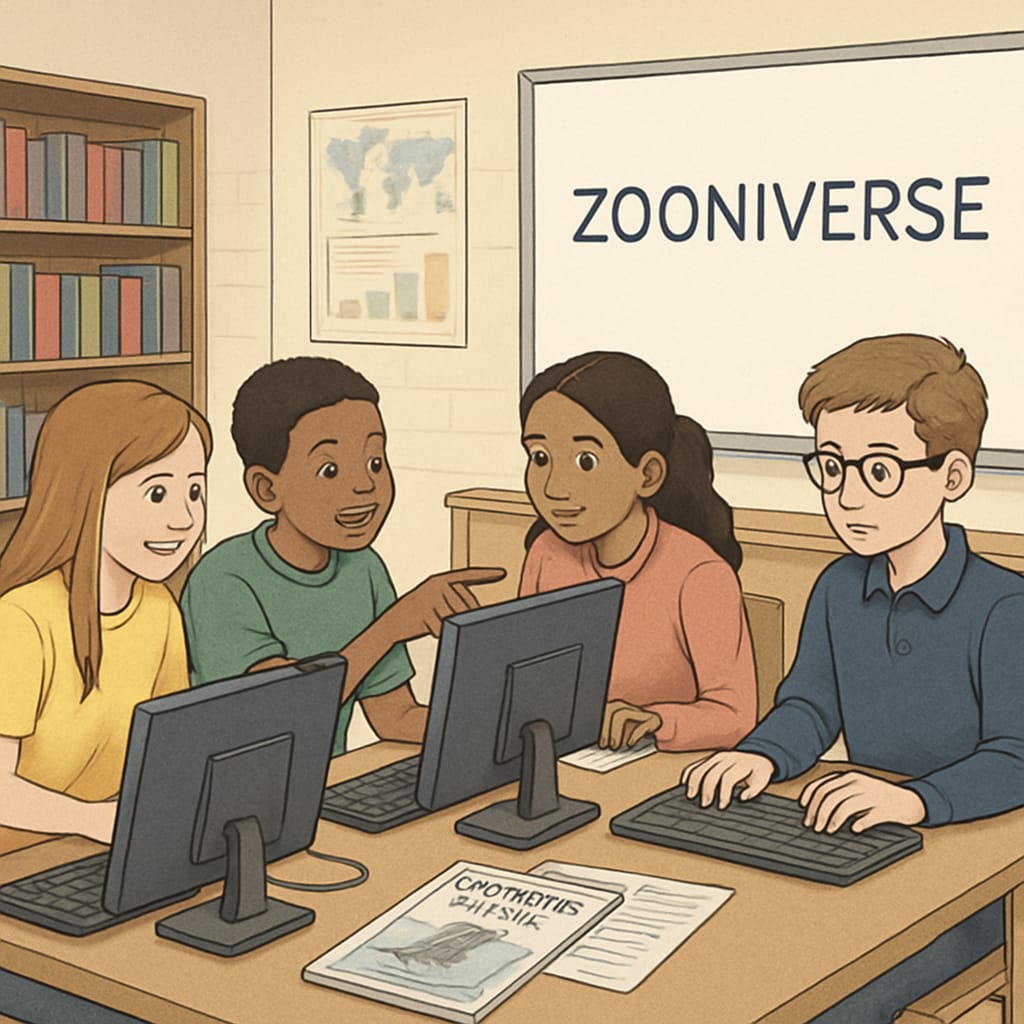In an era where technology bridges the gap between education and innovation, platforms like Zooniverse are revolutionizing the way students engage with science. By participating in real-world citizen science projects on Zooniverse, K12 students gain hands-on experience with research, cultivate scientific literacy, and contribute to global advancements. This article explores how educators can integrate Zooniverse into their classrooms to inspire the next generation of scientists.
What is Zooniverse and How Does It Work?
Zooniverse is the world’s largest platform for citizen science, enabling volunteers from all walks of life to collaborate on genuine scientific research. From classifying galaxies to identifying wildlife in remote areas, Zooniverse offers projects across a broad range of disciplines. The platform’s user-friendly interface ensures that even young learners can contribute meaningfully without prior expertise.
Students can select projects that align with their interests, such as astronomy, ecology, or history. For instance, they might analyze images taken by telescopes to identify celestial bodies or review camera trap footage to track animal populations. Each classification or data point they contribute supports researchers in solving complex scientific questions.

Why Should K12 Students Engage in Citizen Science?
Introducing K12 students to citizen science projects through Zooniverse has numerous benefits:
- Hands-On Learning: Students actively participate in the scientific process, moving beyond textbooks to real-world applications.
- Skill Development: They enhance critical thinking, data analysis, and problem-solving abilities.
- Global Impact: Contributions to Zooniverse projects directly support scientific research, fostering a sense of purpose and responsibility.
- Inclusivity: The platform is accessible to learners of all backgrounds, requiring only an internet connection and curiosity.
For example, by engaging in the “Galaxy Zoo” project, students help astronomers classify galaxies, contributing to our understanding of the universe. Similarly, projects like “Snapshot Serengeti” allow them to identify wildlife species, aiding conservation efforts.

Incorporating Zooniverse into the Classroom
Educators can seamlessly integrate Zooniverse into their lesson plans by following these steps:
- Identify Relevant Projects: Choose projects that complement your curriculum and resonate with students’ interests.
- Introduce the Platform: Familiarize students with Zooniverse’s interface and the goals of their chosen project.
- Set Clear Objectives: Align project activities with learning outcomes, such as developing analytical skills or understanding scientific methods.
- Encourage Collaboration: Assign group tasks to foster teamwork and discussion.
- Reflect and Share: Allow students to present their findings, emphasizing how their contributions support broader research goals.
By following these steps, teachers can create an engaging and impactful learning experience. The flexibility of Zooniverse projects also makes them suitable for both in-class activities and remote learning settings.
The Broader Impact of Citizen Science
Beyond individual learning, Zooniverse projects demonstrate the power of collective intelligence. Citizen science bridges the gap between professional researchers and the public, making science more inclusive and collaborative. For K12 students, this is an invaluable lesson in teamwork, global citizenship, and the importance of scientific inquiry.
Additionally, the data gathered through Zooniverse projects has led to groundbreaking discoveries. For example, volunteers have identified rare species, tracked climate change impacts, and even contributed to the discovery of new celestial phenomena. By participating, students become part of a global effort to expand human knowledge and address pressing challenges.
In conclusion: Zooniverse offers an unprecedented opportunity for K12 students to engage in authentic scientific research. By bringing the platform into the classroom, educators can inspire curiosity, build essential skills, and empower students to make meaningful contributions to the scientific community. The journey from learner to citizen scientist is just a click away.


